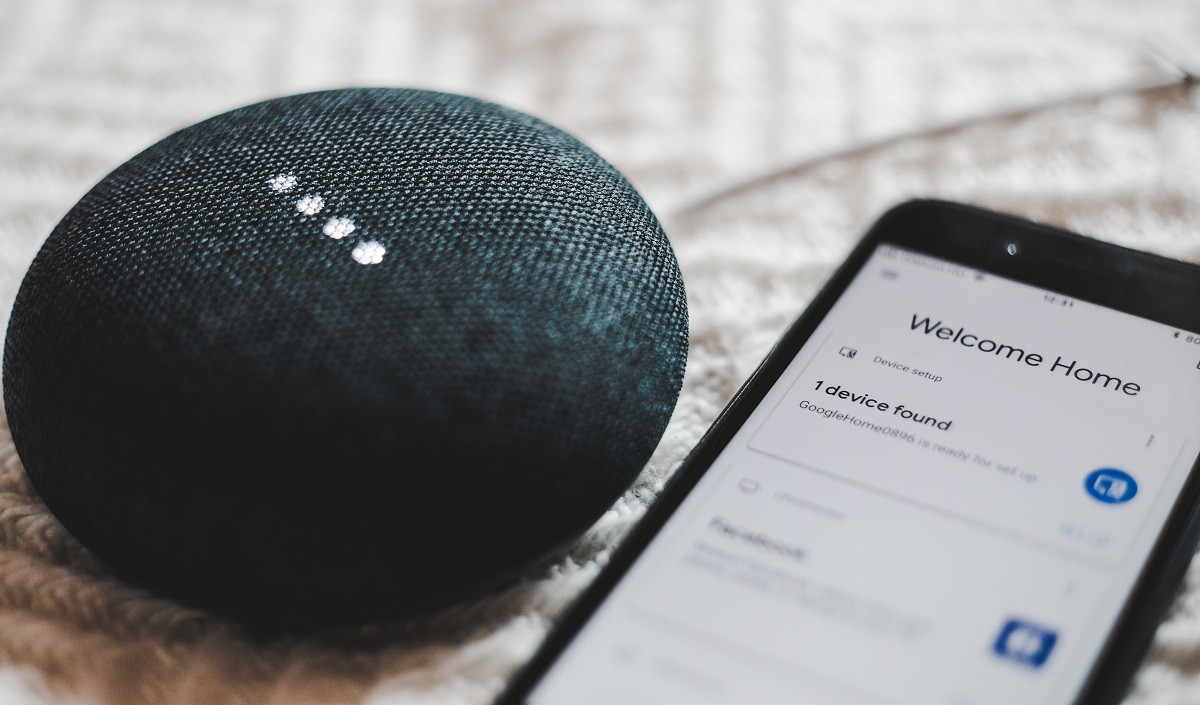What You Need To Know About Smart Appliances
The integration of smart technology in everyday household appliances has become increasingly prevalent as technology advances. Smart appliances, also known as connected or Internet of Things (IoT) appliances, offer a wide range of features and benefits, such as automation, wireless and remote control, and energy efficiency. Because of these, the popularity of smart appliances is only expected to grow. In fact, the International Data Corporation predicts that smart home units in the European Union will number more than 210 million by 2025.
With the growing popularity of smart appliances, it's essential to consider certain factors before making a purchase. Below are four important considerations when it comes to smart appliances:
Navigation
If you want to use smart appliances effectively, you have to understand how they navigate. This is especially true for appliances that move around your home. iRobot Roomba S9+ is a robot vacuum that uses advanced navigation technology to clean your house. Through a combination of cameras and sensors, it creates a map of your home so it can move around uneven surfaces and furniture. Similarly, the Amazon Astro is a home monitoring robot that can move around your home and provide live video footage, monitor for motion and sound, and even sound an alarm if an intruder is detected. It's worth looking into advanced navigation capabilities in smart appliances so you can fully utilize their potential to provide you convenience and efficiency in your everyday tasks.

Warranty
Before buying a smart appliance, it's necessary to understand its warranty. This involves learning about what it covers and how its rules differ depending on the country of purchase. To illustrate, Hungary's warranty for consumer goods is calculated depending on the appliance's value. However, some manufacturers may offer additional warranty coverage beyond the legal minimum. Samsung, for example, offers a two-year extended warranty for its Neo QLED 4K Smart TV. To protect your warranty coverage and make a claim, make sure to keep the proof of purchase, such as a receipt or warranty card. It's also advisable to check the warranty conditions before making a purchase and to register your purchase with the manufacturer.
Automation
They allow for greater convenience, ease of use, and the ability to automate specific tasks and save time. For example, the LG ThinQ Smart Refrigerator can track food items stored inside, including their expiration dates. Once it detects your stocks of eggs, milk, or juice are running low or nearing expiry, it can alert you through its LCD screen so you can head to your nearest Aldi or Lidl to replenish your stocks. Other automation applications for your home as listed in our post “Smart Homes And Home Automation” include lighting, sound, heating, and cooling systems. It's essential to consider whether automated features like these work well with your lifestyle and schedule.

Energy Efficiency
Energy efficiency is one of the most critical considerations concerning smart appliances. Modern devices often come with features that can help reduce household energy consumption and help you save on your energy bills. Honeywell’s smart thermostat, for example, can automatically adjust the temperature of your home based on your preferences and schedule. It can also learn your habits and preferences over time to turn off the heating or cooling when you are not at home or adjust the temperature according to the local weather forecast. To examine the energy efficiency of your smart appliance, you can look at its energy label, which shows how much energy the device consumes and how it compares to other products.
With smart appliances, you can elevate your home's productivity and convenience to new heights. By keeping these four factors in mind, you can make an informed decision and choose the right smart appliance for you.
Written exclusively for Athome-network.com
by Athena Cornerstone

